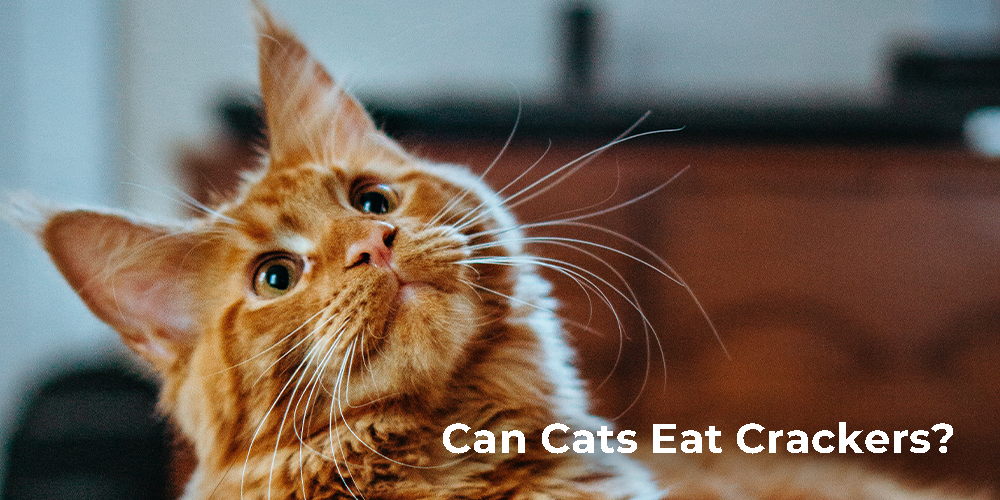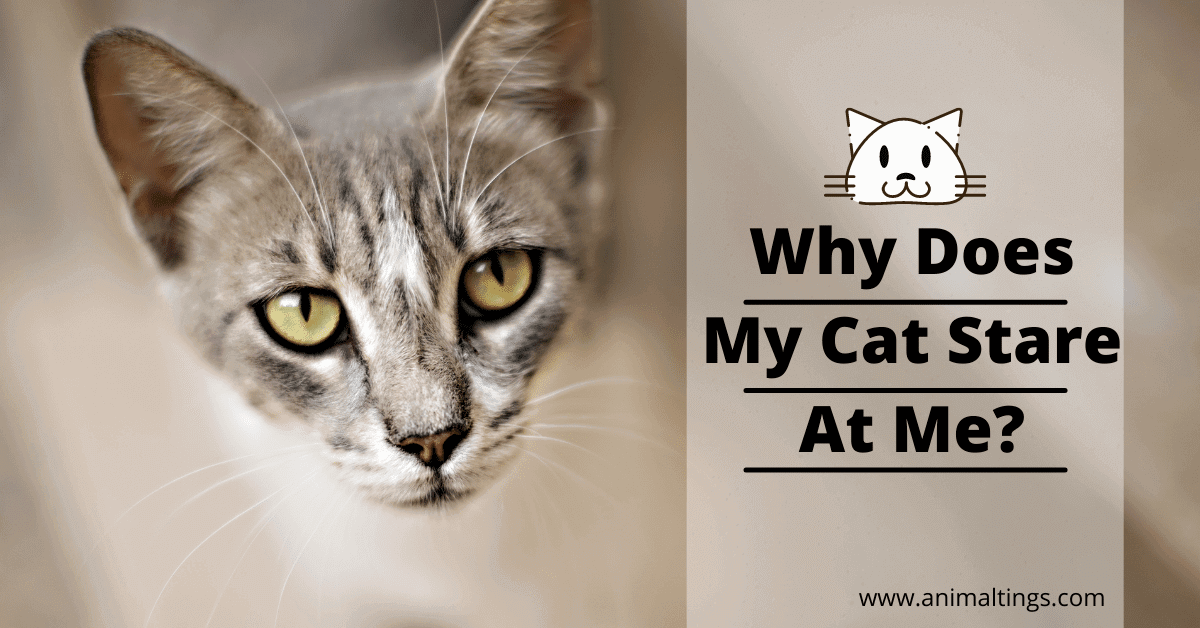Cats, with their curious whiskers and discerning taste buds, often become the center of attention when we’re nibbling on snacks. If you’ve ever found those pleading feline eyes gazing at your plate, you might have wondered, “Can cats eat saltine crackers?” Let’s embark on a journey through the world of feline nutrition and human treats.
Table of Contents
Unwrapping the Basics
What are Saltine Crackers?
Saltine crackers, those crispy, square delights that often accompany soups or stand alone as a quick snack, are a pantry staple. But what’s in these crunchy squares? Well, they’re usually made with flour, baking soda, yeast, and salt—hence the name. Simple, right?
Cats and Nutrition
Now, cats, as any feline enthusiast would tell you, are a different breed altogether. Their nutritional needs are like a complex puzzle, and every piece must fit for optimal health. A cat’s natural diet consists of proteins and fats, not necessarily the carb-loaded goodness we find in crackers.
The Burning Question: Can Cats Eat Crackers?
So, here’s the scoop. Can cats eat saltine crackers? The short answer is, well, not really. Let’s break it down.
The Digestive Dilemma
Cats have a digestive system that’s finely tuned for a carnivorous diet. Saltines, however, are like a foreign language to their stomachs. Cats lack the enzymes needed to efficiently break down certain components in crackers, especially the complex carbohydrates.
The Salt Conundrum
Now, let’s talk about the salt. Cats are not small humans in fur coats. They need a carefully balanced diet, and excess salt isn’t part of the plan. Saltine crackers, as innocent as they seem, can pack a sodium punch that might not sit well with your feline friend.
READ NOW: Can Cats Eat Pesto?
Nutrient No-Man’s-Land
Cats need specific nutrients for their well-being. Unfortunately, saltine crackers don’t offer much in terms of feline nutrition. It’s like offering a salad to someone expecting a hearty steak—you’re missing the mark.
The Risks: Can cats eat saltine crackers?
So, what’s the big deal? Why not share a tiny piece? Well, here are the potential risks.
Sodium Overload
Cats are sensitive beings. Too much salt, and you’re risking a sodium overload. This can lead to issues like increased thirst, urination, and in severe cases, sodium ion poisoning. Not the kind of drama you want in your home.
Artificial Additives
Saltines often come with additives—flavors, preservatives, and colors. These aren’t on a cat’s gourmet menu. Artificial additives can be harsh on their delicate digestive systems, potentially causing upset stomachs and discomfort.
Digestive Disarray
Cats might find digesting the ingredients in saltine crackers akin to solving a Rubik’s Cube blindfolded. The result? Digestive upset, tummy troubles, and a potentially grumpy cat.
Signs of Trouble: When to Paws and Reflect
Alright, imagine you slipped a tiny piece to your cat, and now you’re wondering if trouble is brewing. Watch out for signs.
Odd Behavior
Is your cat acting strangely? Lethargy, excessive thirst, or refusing to eat could be red flags.
Bathroom Blues
Keep an eye on litter box habits. Changes in urination or bowel movements might indicate a belly upset.
READ: Can cats eat Octopus?:
Immediate Action
If you suspect your feline friend has indulged in an unsanctioned cracker feast, it’s time to act. Encourage water intake and monitor for any adverse reactions. If things escalate, it’s vet o’clock.
Alternatives: Treats Tailored for Tabbies
So, saltine crackers are a no-go. What can you offer instead?
Cat-Safe Treats
Explore the world of cat treats specifically crafted for our whiskered companions. These treats are designed with their nutritional needs in mind.
DIY Delights
Feeling adventurous? Try your hand at homemade cat treats. It’s a fun way to bond with your furball and ensure they’re getting wholesome goodies.
Store-Bought Options
Not the DIY type? No worries. Many commercial cat treats are available, offering a variety of flavors and textures that your cat might find irresistible.
SEE: Can Rabbits Eat Cherry Tomatoes?
Wrapping Up: Can Cats Eat Crackers?
In conclusion, the saga of cats and saltine crackers is a cautionary tale. While those pleading eyes might tug at your heartstrings, it’s best to resist sharing your crunchy delight. Opt for treats designed for our feline friends, and you’ll be met with purrs of gratitude.
Remember, a happy cat is a healthy cat, and healthy cats steer clear of human snacks. So, resist the temptation to share your crackers, and instead, shower your cat with love in ways that align with their unique dietary needs. After all, a content cat is a cat with a full belly of appropriate treats.




